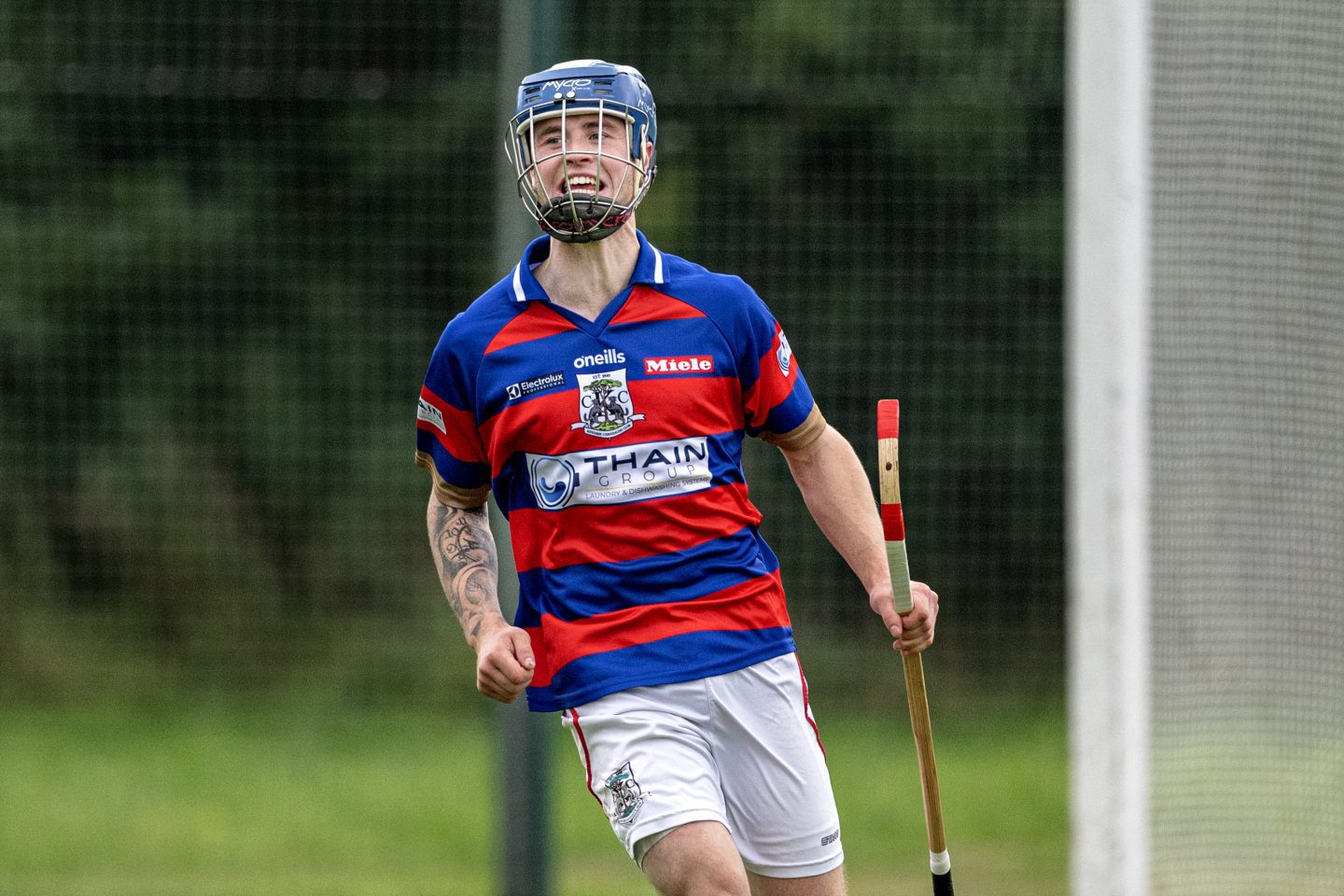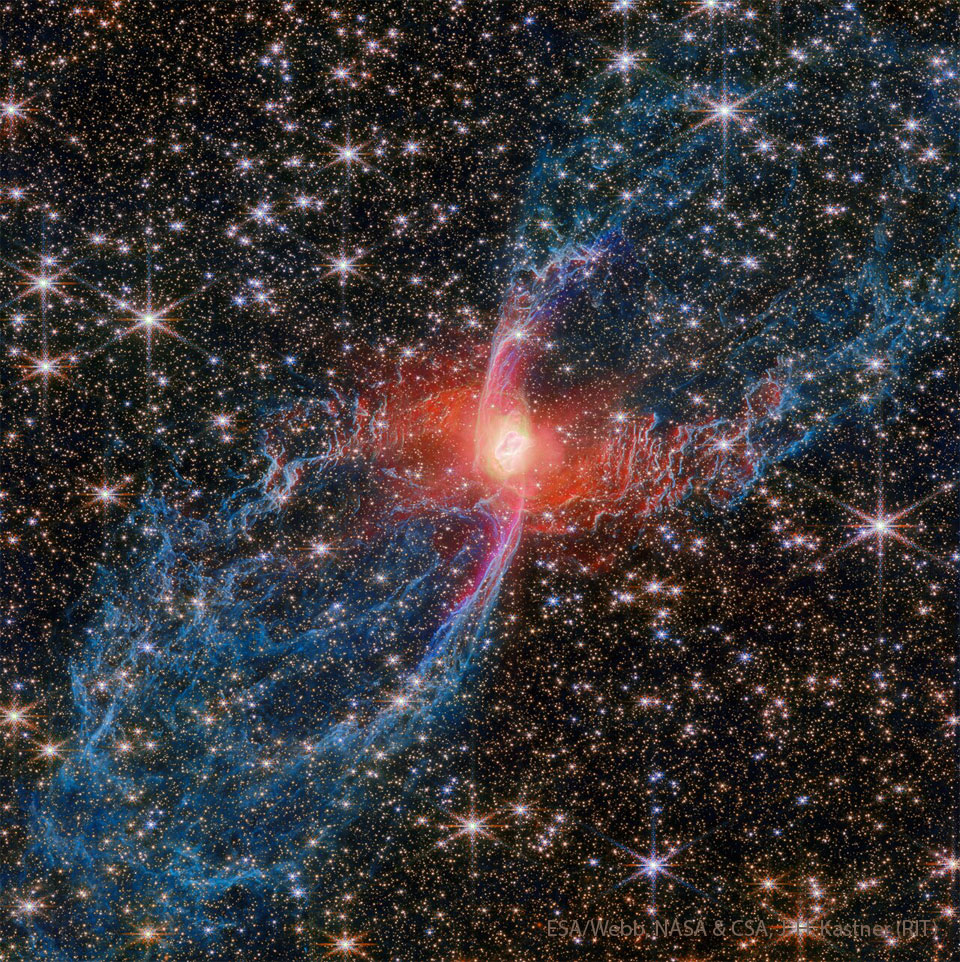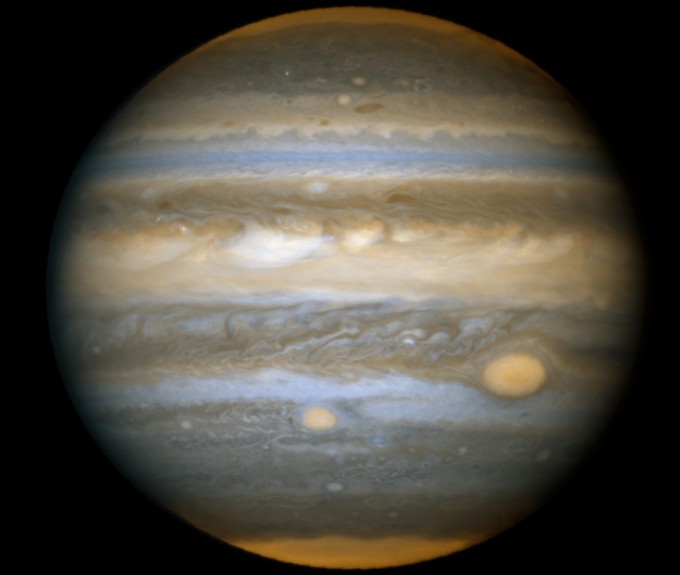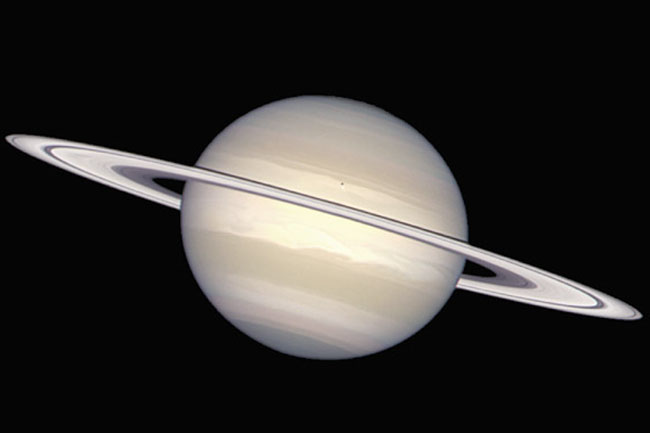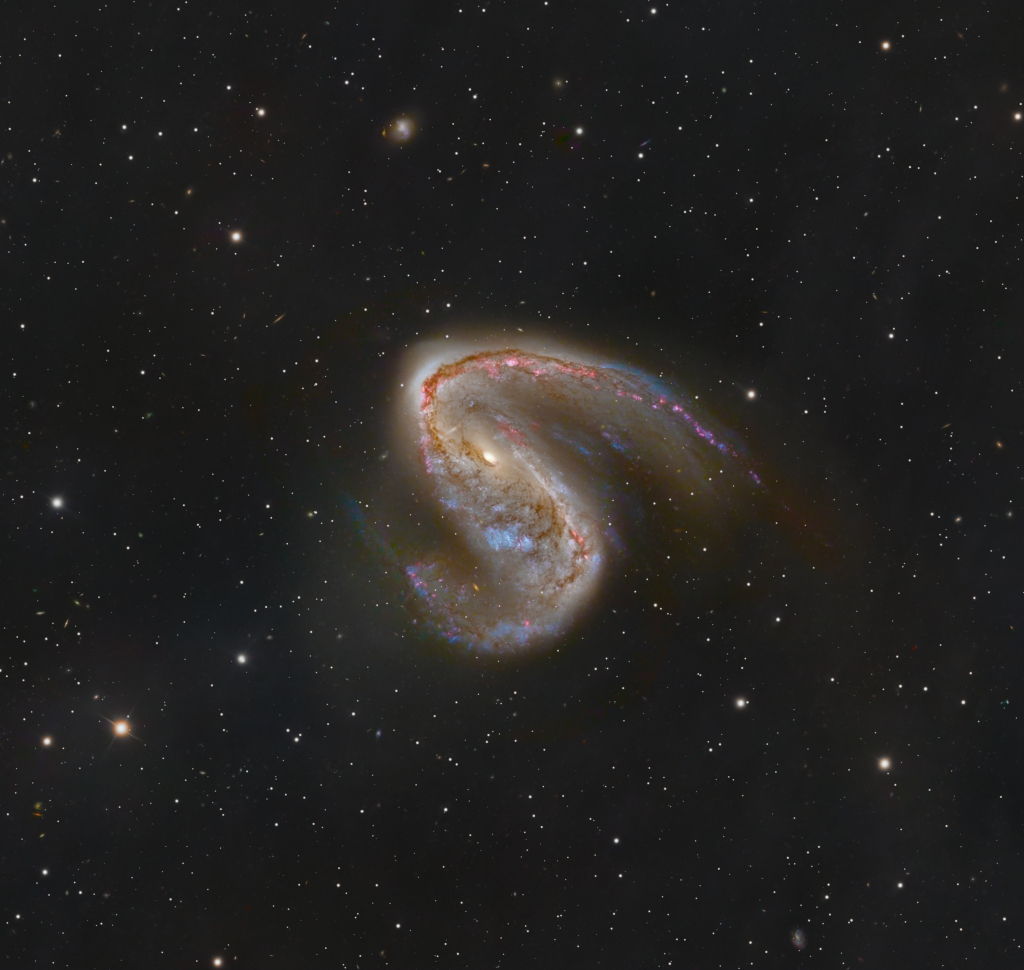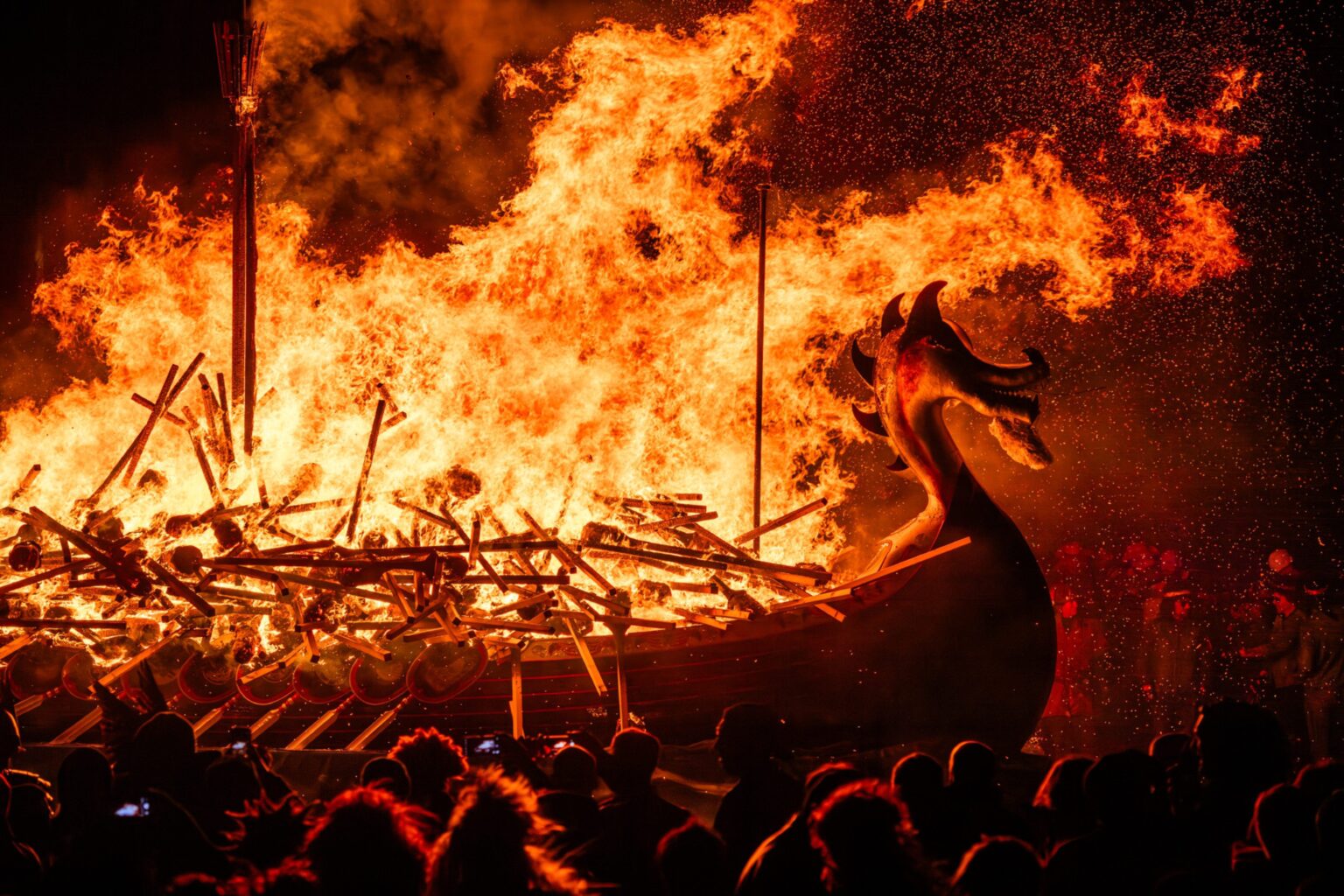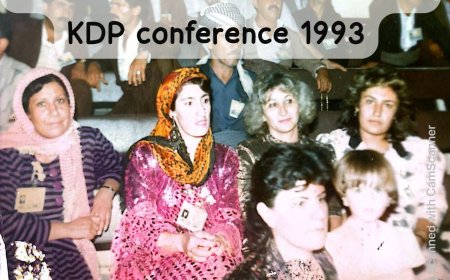Iraqi Kurdistan's May 1992 Elections and the Continuing Quest for Unity
Sirwan Abdulkarim Ali / Politician and Academic
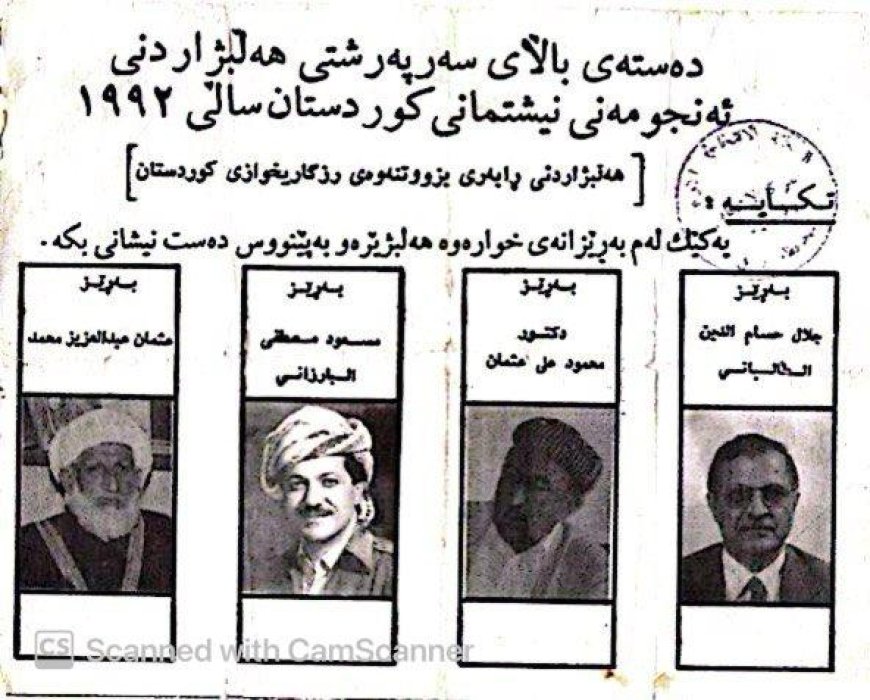
In the rugged mountains of northern Iraq, a remarkable political experiment took place in May 1992 – the first free and democratic elections in Iraqi Kurdistan. This watershed moment marked an unprecedented chapter in Kurdish political history, as the people of the autonomous Kurdish region – encompassing Erbil, Sulaimaniya, and Duhok – participated in elections that would shape their political destiny after decades of repression and armed struggle.
The Kurdish struggle for self-determination in Iraq has deep historical roots, but it was the March 1970 agreement between the Iraqi Baathist regime and the Kurdistan Democratic Party (KDP) that first established a framework for autonomy. This agreement, while never fully implemented, set the stage for later developments by recognizing the rights of Kurdish people to self-governance.
However, the period between 1975 and 1991 proved to be one of the darkest chapters in Kurdish history. The Iraqi government’s policies of Arabization forced deportation, and eventually the genocidal Anfal campaign of 1988, posed an existential threat to Kurdish society. It was only in the aftermath of the 1991 Gulf War, with the establishment of a no-fly zone over northern Iraq, that Kurdish political forces gained the opportunity to establish autonomous governance.
On May 19, 1992, after decades of political repression and armed struggle, the people of Kurdistan went to the polls to elect their first parliament. The elections were organized by the Kurdistan Front, a coalition of Kurdish political parties that had emerged as the dominant political force in the region following the Iraq Iran war 1988 and they were able to lead the 5-20th March Uprising during 1991 after the Gulf War.
The 1992 parliamentary elections were unprecedented in several respects. They represented the first multi-party democratic elections in Iraqi Kurdistan, the first such elections in Iraq in nearly three decades, and the first ever organized by the Kurdish parties themselves. Despite considerable political pressure from various quarters to delay or cancel the elections, the Kurdish leadership pressed forward with this democratic experiment.
Voter turnout was remarkably high, with most observers confirming substantial participation across the Kurdish region. A total of 147 international observers reported that the elections were conducted in a free and fair manner, lending international credibility to the process. The elections featured a range of political parties spanning the ideological spectrum, but were dominated by the competition between two major Kurdish parties: the Kurdistan Democratic Party (KDP) led by Massoud Barzani (1946- ), and the Patriotic Union of Kurdistan (PUK) led by Jalal Talabani (1933-2017). These two parties had emerged as the principal political and military powers in the region following the collapse of Iraqi army.
The election results produced a virtual tie between the KDP and PUK, with both parties receiving approximately half of the votes. This outcome, rather than producing a clear mandate for either party, instead highlighted the deep political divisions within Kurdish society. The election law had been carefully crafted to ensure representation for both major parties, as well as smaller political formations and ethnic minorities.
Simultaneous to the parliamentary elections, a separate contest was held to elect a leader for the Kurdish Liberation Movement. Four candidates participated in this election, although the position ultimately became politically irrelevant as the power-sharing arrangement between the KDP and PUK took precedence.
Despite the democratic promise of the 1992 elections, the ensuing period was marked by growing tensions between the KDP and PUK. These tensions escalated into outright civil conflict by 1994, resulting in the de facto division of the Kurdistan Region into two separate administrations – one controlled by the KDP based in Erbil, and the other by the PUK based in Sulaimaniya.
This internal Kurdish conflict had devastating consequences for the region's political development and undermined the democratic foundations established by the 1992 elections. The division of the Kurdistan Region into two separate political and administrative zones, each with its own security forces and financial administration, created enduring obstacles to unified governance.
Three decades after those first democratic elections, Kurdistan politics remain characterized by persistent division. Following the October 2024 elections, the Kurdistan Region faces familiar challenges in forming a unified government, as disagreements between the KDP and PUK continue to hamper political progress. Despite the democratic mandate provided by the electorate, the process of government formation has stalled, reflecting the enduring nature of Kurdistan's political division.
The current President of the Kurdistan Region, Nechirvan Barzani, has attempted to position himself as a unifying figure, functioning as an umbrella for various Kurdish political parties. However, achieving genuine political unity has proven to be one of the most difficult tasks facing Kurdish leadership. President's efforts to maintain equidistance from all Kurdish parties while fostering a sense of national unity represent an attempt to transcend the partisan divisions that have characterized Kurdish politics since the 1960s.
The 1992 elections in Iraqi Kurdistan represented a critical moment in Kurdish political history – a bold attempt at democratic self-governance following decades of repression. While the democratic experiment has faced significant challenges, including civil conflict and political division, it nonetheless established important precedents for Kurdish self-rule.
Today, as Kurdish leaders continue to navigate the complex internal and regional dynamics that shape their political landscape, the lessons of 1992 remain relevant. The enduring challenge for Kurdistan's political leadership is to build upon that democratic foundation while overcoming the partisan divisions that have constrained Kurdish unity and governance. As the Kurdistan Region President's current efforts demonstrate, the path to effective self-governance requires not just democratic elections, but also the political will to transcend partisan interests in service of a broader Kurdish national project.

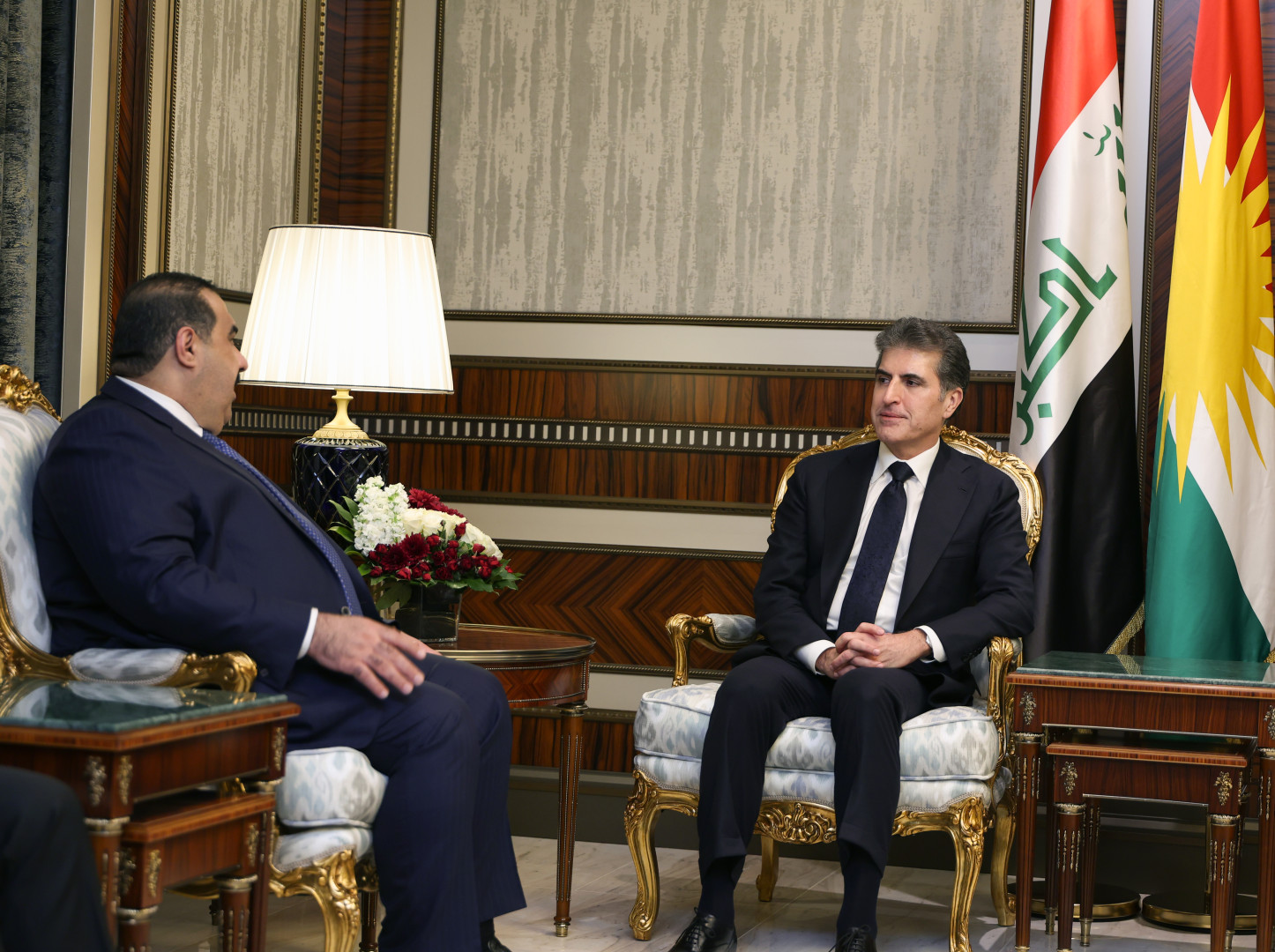

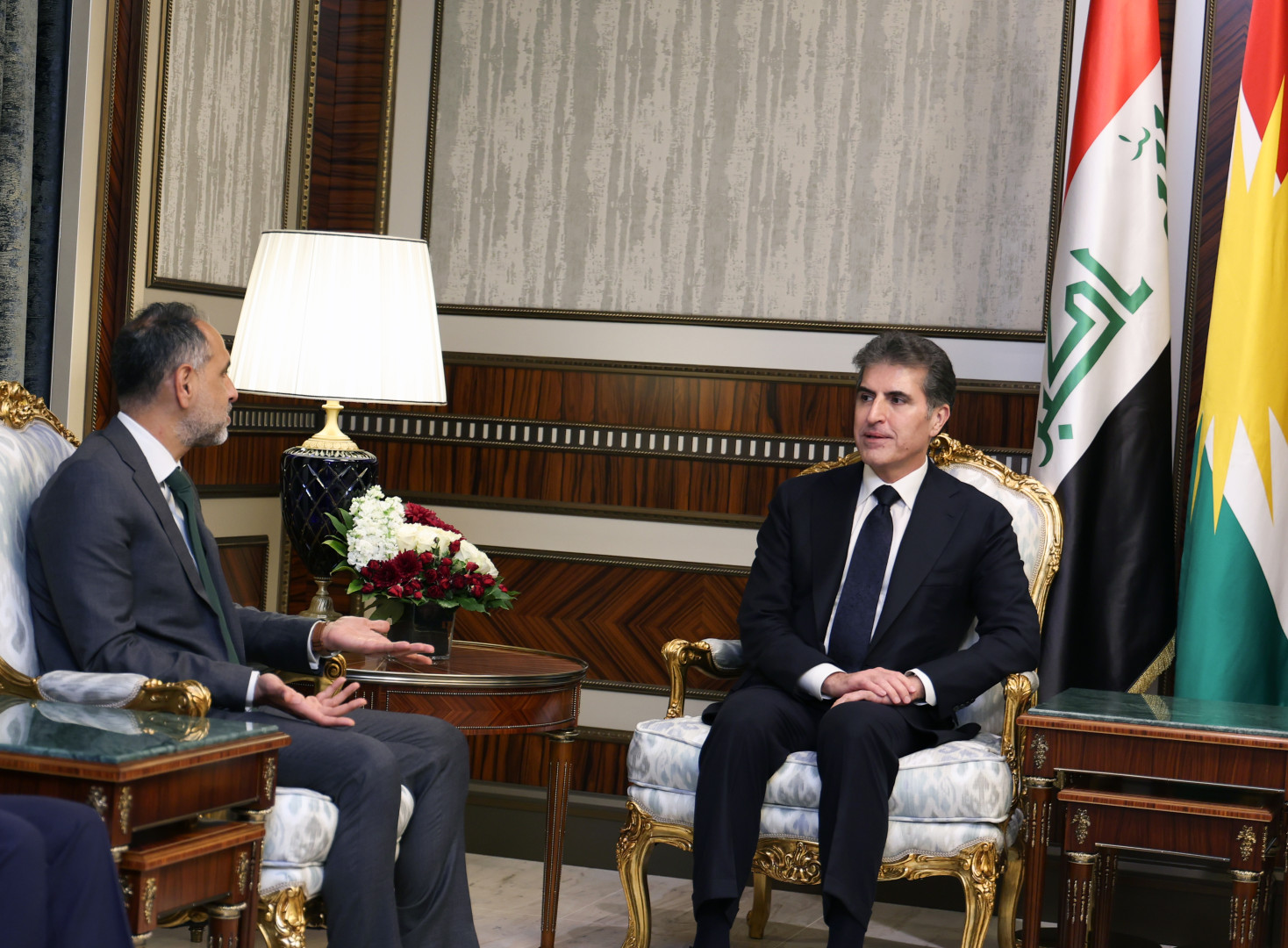



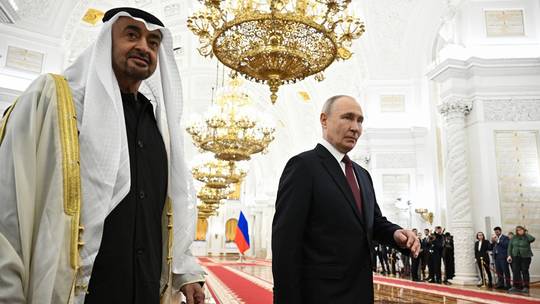
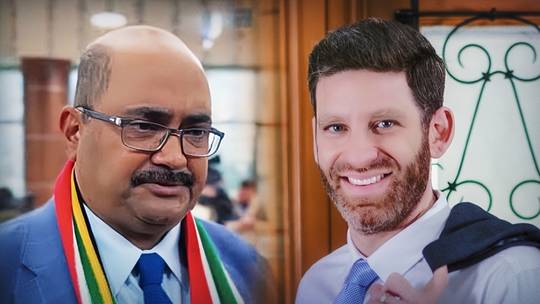









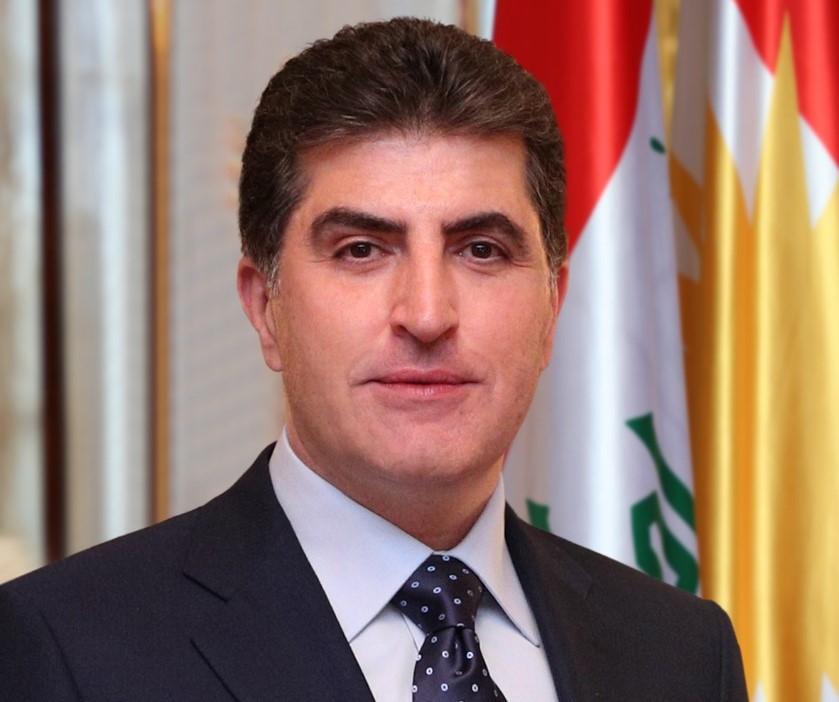



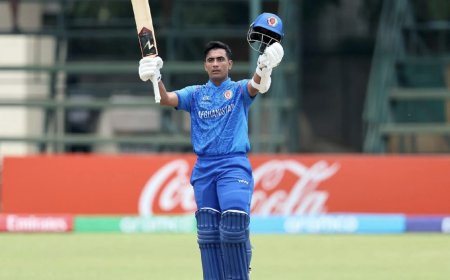
/file/attachments/orphans/IMG_9103_429753.jpeg)




